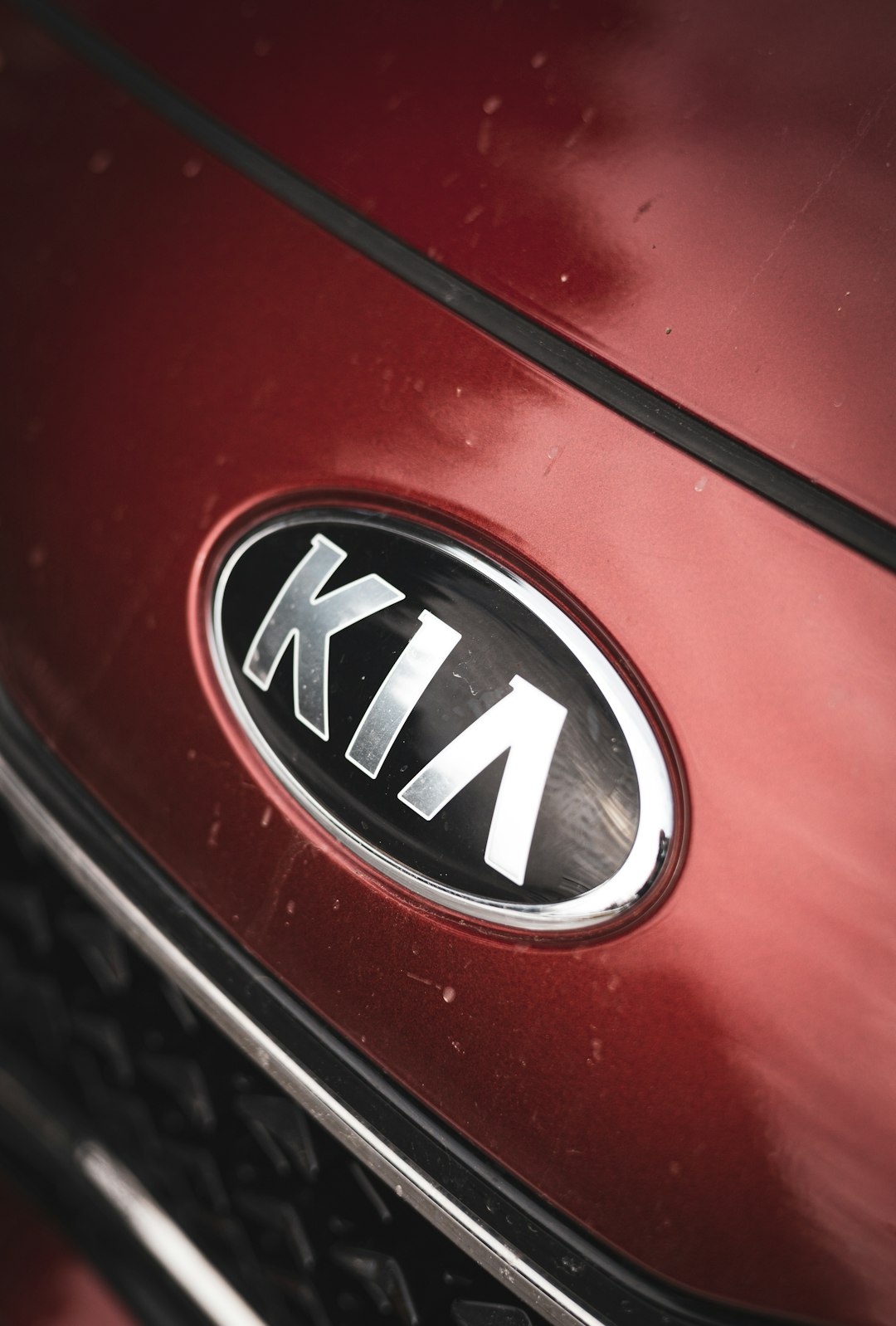What is the Fuel Economy of the Kia Rio?
Welcome to our comprehensive analysis of the fuel economy of the Kia Rio. In this article, we will explore key factors that impact the fuel efficiency of this popular compact car and provide you with all the information you need to make an informed decision. Whether you are a prospective buyer or simply interested in eco-friendly cars, understanding the fuel economy of the Kia Rio is crucial.
Fuel Economy
Fuel economy refers to the amount of fuel a vehicle consumes to travel a certain distance. It is typically measured in miles per gallon (MPG). Higher MPG ratings indicate better fuel efficiency, meaning the vehicle can travel more miles on a gallon of fuel. The Kia Rio is known for its impressive fuel economy, making it an attractive option for budget-conscious individuals or those looking to reduce their environmental impact.
Understanding the Kia Rio
The Kia Rio is a compact car that has gained popularity in recent years for its affordability, practicality, and fuel efficiency. It is available as a sedan or a hatchback, providing options for different preferences and needs. The Kia Rio is equipped with a range of features that enhance its fuel economy, such as advanced engine technologies and aerodynamic design.
MPG Rating
The MPG rating of a vehicle is a key indicator of its fuel economy. For the Kia Rio, the specific MPG rating can vary depending on factors such as the engine type, transmission, and driving conditions. However, on average, the Kia Rio achieves an impressive MPG rating of 33 in the city and 41 on the highway. These figures make the Kia Rio one of the most fuel-efficient vehicles in its class.
Factors Impacting Fuel Economy
Several factors influence the fuel economy of the Kia Rio:
- Engine Type: The Kia Rio offers both gasoline and diesel engine options. While gasoline engines are more common, diesel engines typically provide better fuel efficiency.
- Transmission: The choice of transmission, whether manual or automatic, can impact the fuel economy. Manual transmissions often offer better fuel efficiency compared to automatic transmissions.
- Driving Habits: Aggressive driving, excessive idling, and rapid acceleration can significantly reduce fuel economy. By adopting eco-friendly driving habits, you can maximize the Kia Rio's fuel efficiency.
Environmental Benefits
Choosing a fuel-efficient vehicle like the Kia Rio brings a range of environmental benefits. By consuming less fuel, these vehicles reduce carbon emissions and contribute to a greener future. Additionally, the Kia Rio features advanced technologies that minimize harmful emissions, making it an eco-friendly option for conscientious drivers.
Conclusion
The Kia Rio stands out for its impressive fuel economy, making it an excellent choice for those seeking a budget-friendly and environmentally-conscious option. With its high MPG rating and advanced features, the Kia Rio delivers both efficiency and performance. By understanding the factors that impact fuel economy and the benefits of eco-friendly driving, you can maximize your Kia Rio's fuel efficiency and contribute to a sustainable future.
We hope this article has provided you with valuable insights into the fuel economy of the Kia Rio. If you would like to delve deeper into this topic, we encourage you to explore the following resources:
